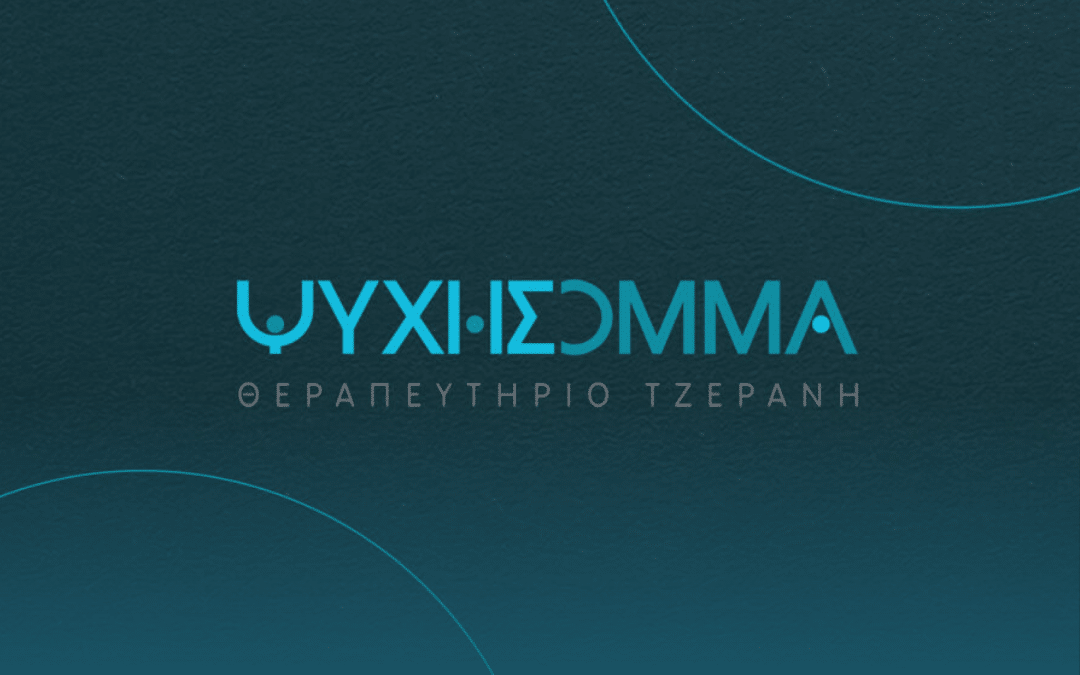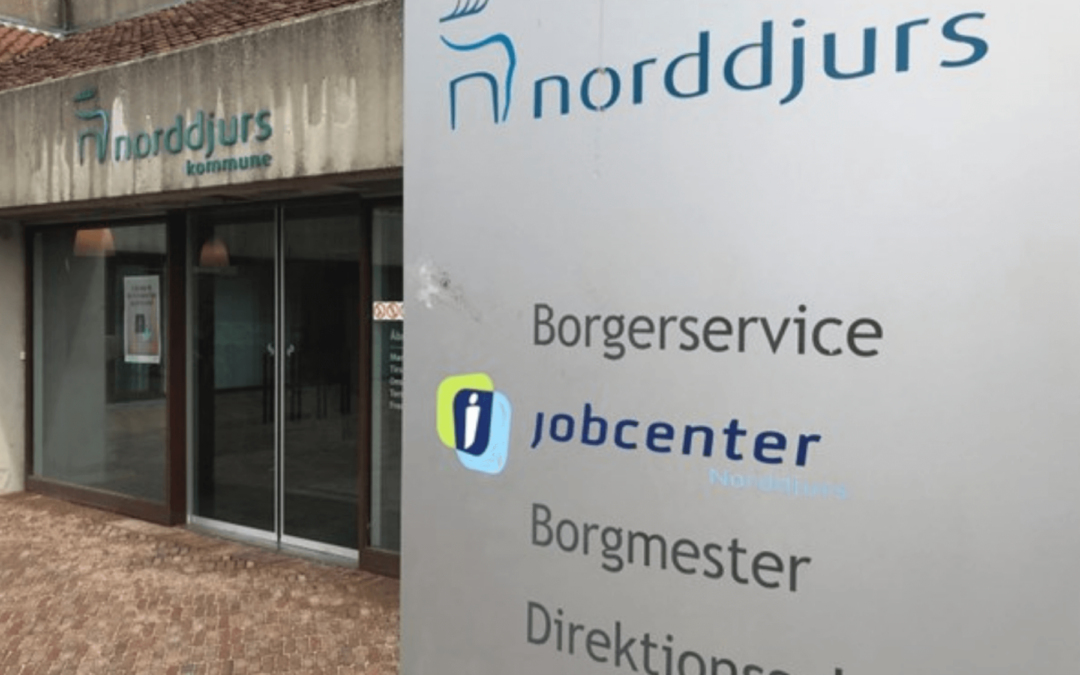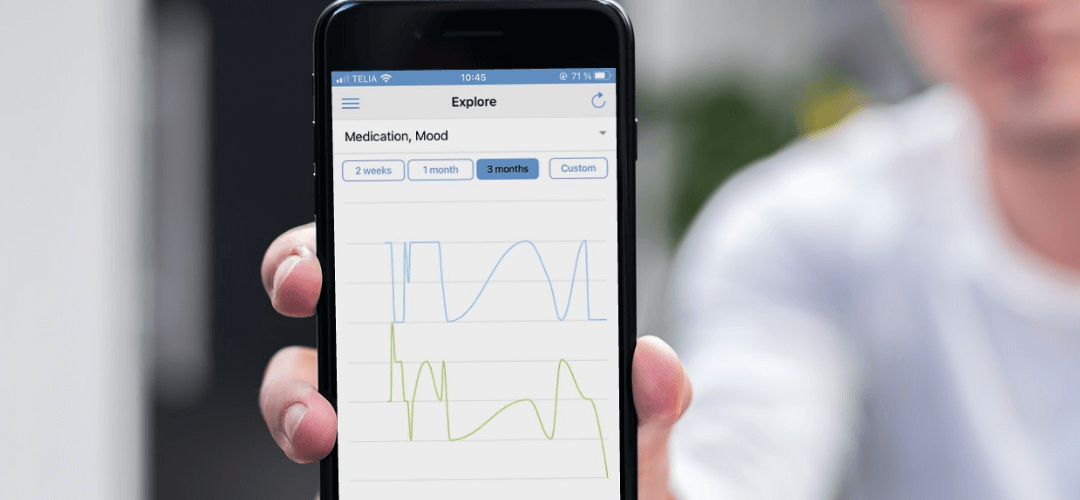
Monsenso enters partnership with psychiatric clinic in Greece
Monsenso has entered into a partnership agreement with the Greek psychiatric clinic Tzeranis Psychis Omma to deploy the solution in their clinic from Q2 2022 and drive market expansion of the Monsenso solution on the Greek market.
In 2019, 18% of the Greek population was living with a mental illness [1] – since then, the Covid-19 pandemic has led to a significant rise in mental health problems [2]. At the “Meeting of Minds on Quality of Care” conference hosted by WHO/Europe in Athens in December 2021, the necessity to “improve the quality of mental health care for children and adolescents” was emphasised, particularly in light of the Covid 19 pandemic [3]. Greek officials have further highlighted the significance of patient-centricity in mental health services in particular [2].
Psychis Omma has supported individuals with psychological and psychiatric illnesses for over 50 years, aiming at “offering a better life for people suffering from mental disorders, both to themselves and their families” [4]. The clinic provides both inpatient hospitalisation in their facilities in Nea Penteli, close to Athens, as well as (online) psychological support services and external observation [4].
The Monsenso Digital Health Solution will be implemented in Psychis Omma’s clinical practice as a tool to support patients in their treatment pathway and to facilitate early intervention and crisis reduction. Moreover, Psychis Omma Mental Health Solutions will act as a partner of Monsenso in Greece, advocating for the benefits of using digital support tools in mental health settings and actively marketing the Monsenso solution on the Greek market.
The Monsenso app for individuals helps patients to keep track of their well-being, symptoms, and medication intake through self-reported data, as well as their behaviour through sensor data collected on mobile phones. The historical data is visualised and helps individuals remember how they have been doing, e.g. between support sessions. It also helps them gain better insight into the behaviours that trigger their symptoms, empowering them to better manage their condition. Healthcare providers access the user data via a web portal for professionals, enabling them to see fluctuations in the mental state of the patients. This can help to predict relevant outcomes and reduce potential relapses and readmissions.
“We are excited to bring the Monsenso Solution to Greece and work with Psychis Omma as a partner who values enabling people with mental illnesses to live better, more independent lives as highly as we do.”, says Thomas Lethenborg, CEO of Monsenso.
“We are looking forward to working with Monsenso as a partner in Greece and to using their digital health solution to offer improved treatment support to more patients. Remote patient monitoring will open new doors to us in terms of our capabilities to actively support individuals outside of treatment sessions.”, says Spyros Tzeranis, Scientific Director of Tzeranis Psychis Omma.
About Tzeranis Psychis Omma
Tzeranis Psychis Omma is a Greek Neuropsychiatric Clinic founded in 1971, providing specialist health services and supporting individuals with various psychological and psychiatric illnesses. Working with highly experienced and trained nursing and medical staff, the clinic offering both inpatient care and external psychological support aims at enabling more individuals suffering from mental illness to live better lifes.
To learn more visit tzeranis.gr.
About Monsenso
Monsenso is an innovative technology company offering a digital health solution used for decentralised trials, remote patient monitoring and treatment support. Our mission is to contribute to improved health for more people at lower costs by supporting treatment digitally and leveraging patient-reported outcomes data. Our solution helps optimise the treatment and gives a detailed overview of an individual’s health through the collection of outcome, adherence, and behavioural data. It connects individuals, carers, and health care providers to enable personalised treatment, remote care, and early intervention. We collaborate with health and social care, pharmaceuticals, and leading researcher worldwide in our endeavours to deliver solutions that fit into the life of patients and health care professionals. To learn more visit www.monsenso.com.
[1] Stewart, C. (2021). Europe: mental disorders among adolescents in 2019, by country. Statista. https://www-statista-com.esc-web.lib.cbs.dk:8443/statistics/1273254/mental-disorders-among-adolescents-in-europe-by-country/
[2] WHO (2021). Athens Mental Health Summit – Ministers and representatives renew commitment to prioritize mental health in the WHO European Region.
https://www.euro.who.int/en/countries/greece/news/news/2021/8/athens-mental-health-summit-ministers-and-representatives-renew-commitment-to-prioritize-mental-health-in-the-who-european-region
[3] WHO (2021). WHO/Europe and Greece put quality of care at the top of the health agenda. https://www.euro.who.int/en/countries/greece/news/news/2021/12/whoeurope-and-greece-put-quality-of-care-at-the-top-of-the-health-agenda
[4] Psychis Omma Tzeranis Clinic (n.d.). Our Clinic. https://tzeranis.gr/en/our-clinic/



